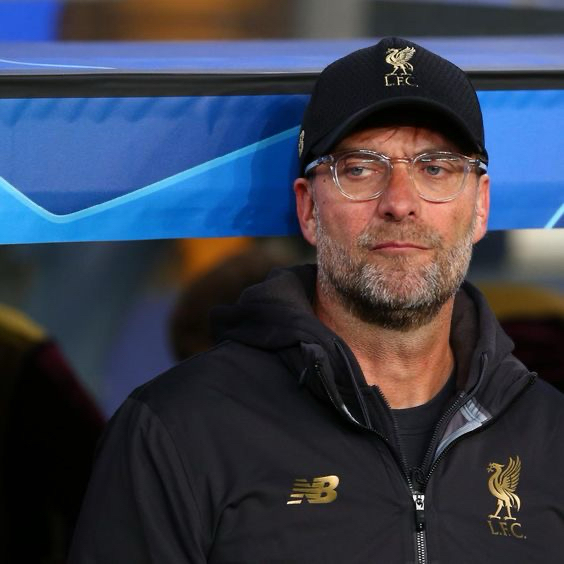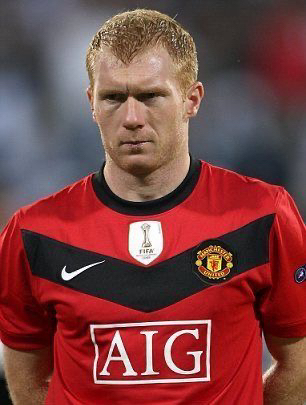
He could have chosen the easy way. With his fortune, his fame, and the respect he earned across decades of brilliance, Paul Scholes could have hired an entire team of nannies and assistants. He could have continued his comfortable life as a pundit — analysing games, sharing insights, and living the afterglow of a glittering career. But instead, he made a decision that reminded the world that even football’s greatest moments pale beside the quiet victories of the heart.
When news broke that Scholes had stepped away from his punditry duties to devote himself entirely to caring for his autistic son, fans across the globe fell silent. The same man who once dictated play at Old Trafford with a single touch was now embracing a different kind of challenge — one that demanded patience, love, and strength in ways no football pitch ever could.
Scholes’ decision touched countless lives, not because it was grand or public, but because it was real. In an era where fame often overshadows family, he chose to be present — to stay up late, to listen, to care, to simply be a father. There were no cameras, no headlines, no grand statements. Just the steady rhythm of a man putting his child first.

And then came the moment that turned this personal story into something universal. Jürgen Klopp, known for his passion both on and off the pitch, sent a message that captured what so many were feeling. “In football,” Klopp said softly, “we celebrate trophies, goals, and glory. But what Paul has done — that is the purest victory of all. The love of a father is stronger than any title.”
Those words spread quickly. Within hours, social media was filled with tributes — not to the midfielder who conquered Europe with Manchester United, but to the father who showed that true greatness is found not under stadium lights, but in the quiet moments of care and sacrifice.
Scholes’ choice resonated beyond football. It reminded people that empathy and family are not luxuries — they are life itself. His story became a reflection of what the game so often forgets: that beneath the fame and the fortune, these players are human beings with hearts, responsibilities, and unspoken struggles.
As Klopp’s message continues to echo, it leaves behind a truth both humbling and beautiful — that Paul Scholes’ finest performance might not have come in a red shirt, but in the gentle, unseen devotion of a father’s love.
Because sometimes, the greatest victories don’t happen on the pitch. They happen at home.